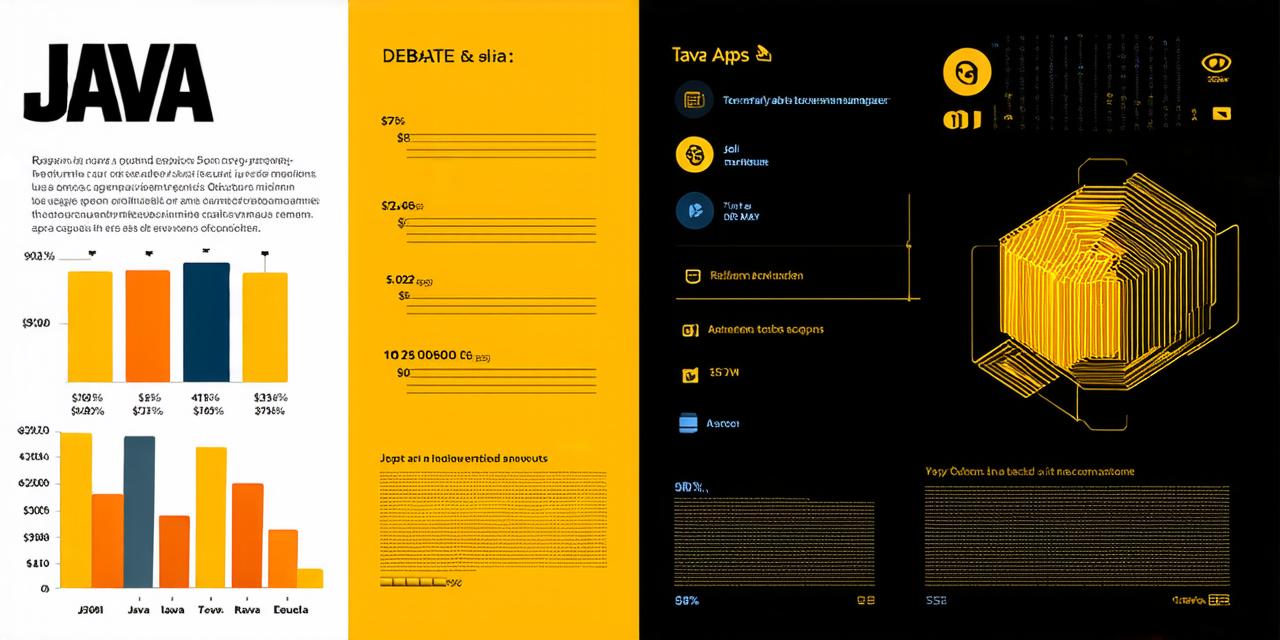Java is a programming language that was first released in 1995 by Sun Microsystems (now owned by Oracle). It has been widely used for building a variety of applications, including web, mobile, and enterprise software. However, with the rise of other programming languages and technologies, some people have started to question whether Java is still relevant and useful today. In this article, we will explore the pros and cons of using Java and determine if it is truly considered obsolete.
Pros of Using Java

1. Large Community: Java has a large and active community of developers who continue to contribute to its development and provide support for users. This means that there are many resources available for learning Java, troubleshooting problems, and finding solutions to complex problems.
2. Platform Independence: Java is known for its platform independence, which means that it can run on any operating system or device that has a Java Virtual Machine (JVM) installed. This makes Java an ideal choice for building cross-platform applications.
3. Object-Oriented Programming: Java is based on object-oriented programming, which is a powerful and flexible programming paradigm. It allows developers to build reusable code and modular applications that are easier to maintain and extend over time.
4. Standard Libraries: Java has a rich set of standard libraries that provide functionality for common tasks such as networking, data manipulation, and graphical user interface design. This saves developers a lot of time and effort compared to building these features from scratch.
5. Security: Java is known for its strong security features, which make it difficult for malicious code to execute on a Java-based application. This makes Java a popular choice for building secure web applications and other critical systems.
Cons of Using Java
1. Performance Issues: Java can be slower than some other programming languages, particularly when it comes to performance-critical tasks such as high-performance computing or real-time systems.
2. Memory Management: Java uses a garbage collector to manage memory, which can sometimes lead to memory leaks and other performance issues. This requires developers to have a good understanding of memory management techniques and to be careful when designing their applications.
3. Learning Curve: Java can be a challenging language to learn, particularly for beginners who may struggle with its verbose syntax and complex object-oriented programming concepts.
4. Framework Overload: There are many frameworks and libraries available for Java, which can make it difficult for developers to choose the right tools for their project. This requires a good understanding of the different frameworks and their capabilities and limitations.
5. Lack of Innovation: Some people argue that Java has not kept up with the pace of innovation in the programming world, particularly in areas such as web development and mobile app development.
Final Verdict
In conclusion, it is difficult to say whether Java is truly considered obsolete or not. It still has many advantages over other programming languages, such as its large community, platform independence, object-oriented programming, standard libraries, and security features. However, it also has some disadvantages, such as performance issues, memory management challenges, a steep learning curve, framework overload, and a lack of innovation in certain areas. Ultimately, the decision to use Java or not will depend on the specific needs and requirements of each project.
